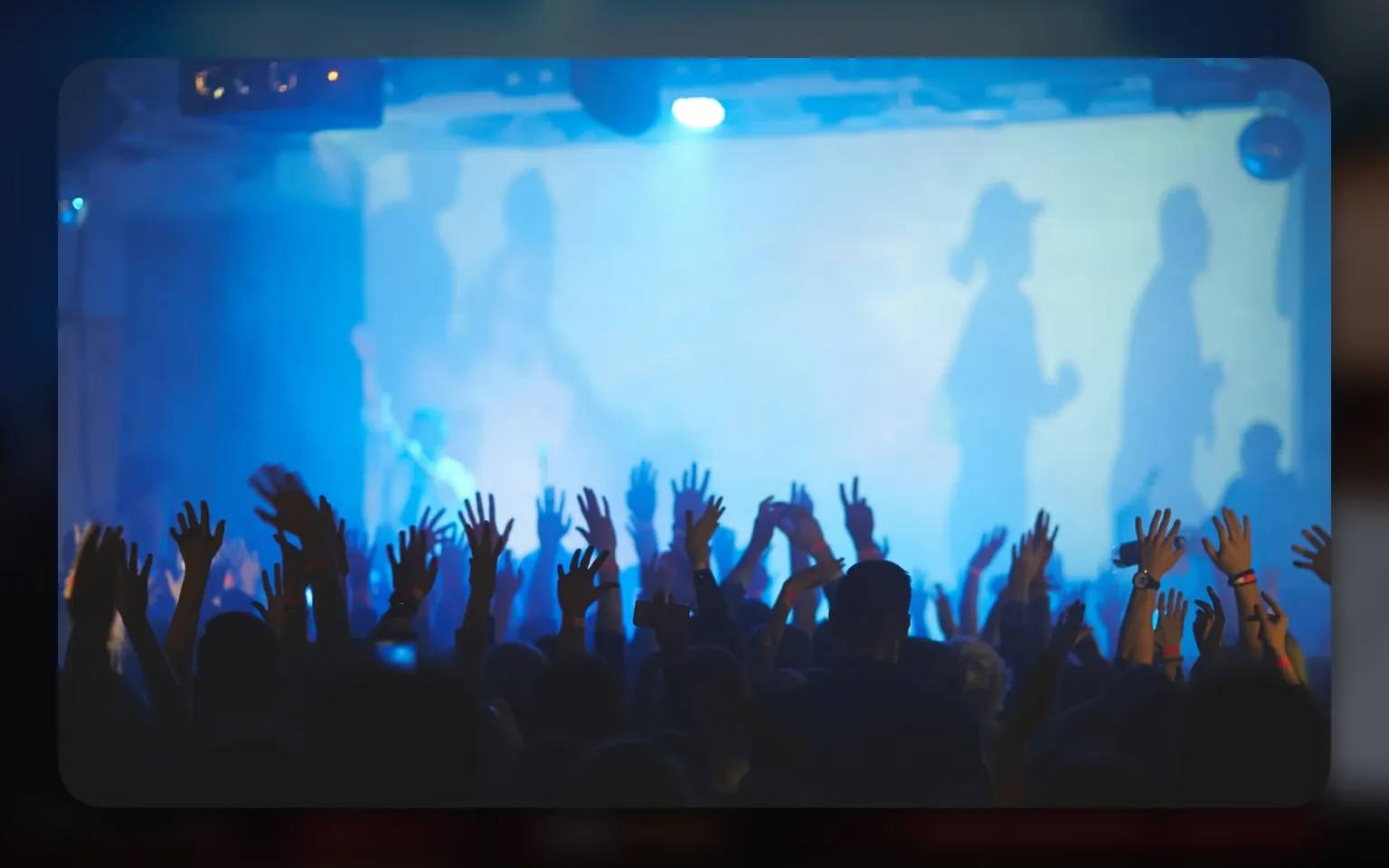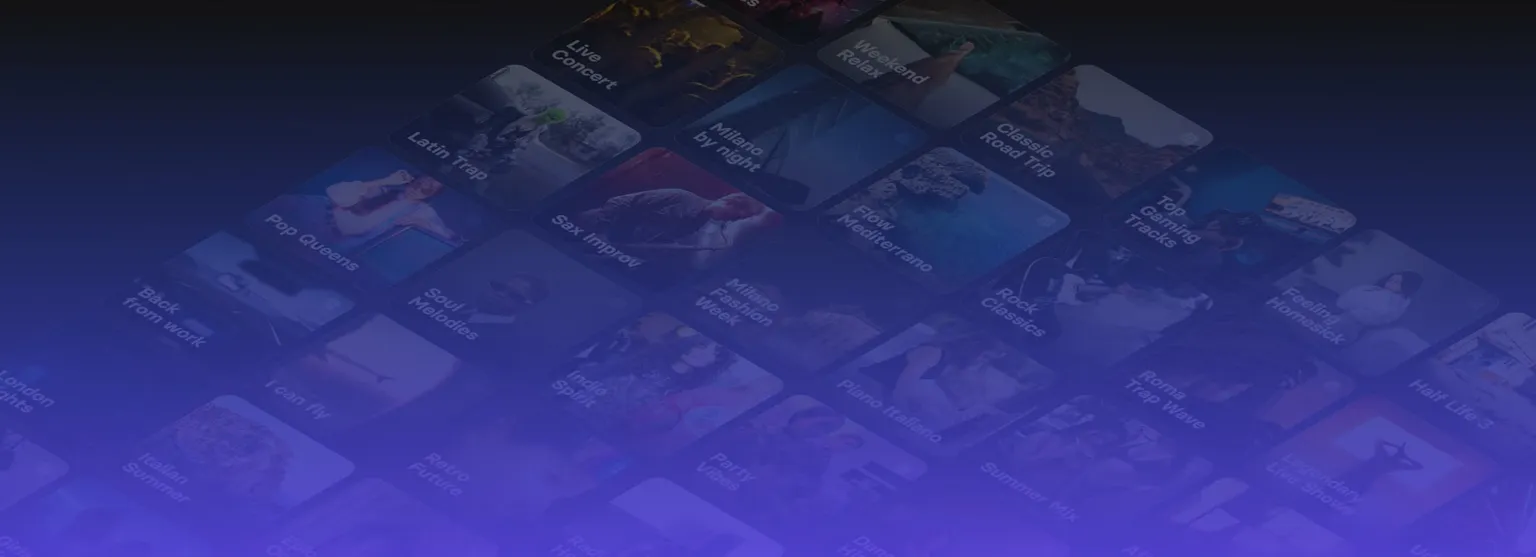
For independent artists, playing live is the moment when online numbers turn into real faces. Organizing a tour, even a small one, can quickly become overwhelming if you don’t have a clear idea of the costs involved.
In 2026, with inflation, new tech fees, and changing ticket dynamics, the average mini tour requires more strategy than ever.
This guide helps you break down the main expenses, plan realistically, and find smart ways to save while still making your live shows stand out.
Define what a “mini tour” really means
A mini tour usually includes 3 to 6 shows across a few cities within your country or region.
The idea is to grow your audience, test your live setup, and build connections — without the financial risk of a full tour.
Depending on how you structure it, you’ll deal with three main expense categories:
- Travel and logistics
- Venue and production costs
- Marketing and promotion
Understanding how each element affects your budget is the first step to making your mini tour sustainable.
Travel and accommodation: the biggest chunk
Even short distances add up fast. Here’s an approximate breakdown for a 5-date mini tour in 2026:
| Expense | Estimated Range | Notes |
|---|---|---|
| Fuel / Transportation | €250–€600 | Depends on distance, van rental, or car share |
| Accommodation | €60–€120 per night | Cheaper if shared or hosted |
| Meals | €25–€40 per day | Can often be negotiated as part of the venue deal |
| Tolls & Parking | €50–€150 | Often forgotten, but real |
Additional costs often overlooked:
- Sound engineer / technician: €100–€200 per show
- Lighting / visuals: €50–€150 (if not included)
- Backline rental: €100–€250 per night
You can save significantly by coordinating dates geographically, avoiding back-and-forth routes, and sharing transport with other artists.
Platforms like Facebook groups or local collectives still work great for ride-sharing between acts.
Venue and production costs
Venue fees vary widely depending on the type of event.
A club night might take a percentage of your bar sales, while a showcase venue could charge a flat rental fee.
| Type | Typical Cost | Comment |
|---|---|---|
| Small club / bar | €100–€300 | Usually includes basic PA and technician |
| Medium venue | €400–€900 | Often requires you to bring your own sound engineer |
| Showcase / cultural space | €200–€600 | Lower fee, but limited promotion support |
Additional costs often overlooked:
- Sound engineer / technician: €100–€200 per show
- Lighting / visuals: €50–€150 (if not included)
- Backline rental: €100–€250 per night
If you’re a DJ or electronic artist, the numbers drop, but so does the margin for error. Always test your setup before leaving, especially if using Rekordbox, Serato, or external controllers.
Promotion and ticketing
No matter how good your music is, nobody will show up if they don’t know about your gig.
Budget at least 15–25% of your total cost for promotion.
Typical marketing expenses:
- Social media ads: €100–€250 per campaign or city (variable)
- Flyers & posters: €50–€100
- Content creation (videos, teasers): €100–€300
- Email marketing tools or boosts: €20–€50
Use tools like Matchfy.io to promote your tour dates across curators, influencers, and media contacts that already work with emerging artists.
It’s often more effective than running random ads, because it connects you with people who can actually amplify your visibility.
Fees, merch, and team
If you’re traveling with a small crew (manager, DJ, or videographer), don’t forget to factor in their costs.
| Role | Typical Fee per Day |
|---|---|
| Manager / Tour assistant | €100–€200 |
| Videographer / Content creator | €150–€300 |
| Session musician / DJ support | €80–€150 |
You can partially balance these costs by selling merch, even small batches of T-shirts or tote bags. A 20-piece drop can already cover part of your gas or hotel.
Total estimated budget
Here’s a quick projection for a 5-date independent mini tour in 2026:
| Category | Low Estimate | Mid Estimate | High Estimate |
|---|---|---|---|
| Travel & Stay | €600 | €900 | €1,300 |
| Venues & Production | €500 | €900 | €1,500 |
| Promotion | €250 | €400 | €700 |
| Team / Extras | €300 | €600 | €1,000 |
| Total | €1,650 | €2,800 | €4,500+ |
You can cut costs dramatically if you:
- Play local circuits or joint events.
- Secure sponsorships or partnerships with small brands.
- Plan “weekend clusters” instead of consecutive dates.
Practical ways to save
- Negotiate hospitality: some venues offer free accommodation or meals.
- Partner with local artists: they can help with promotion and share audiences.
- Bundle dates: two nights in the same city can reduce setup and travel costs.
- Plan content in advance: shooting recap videos during the tour gives you reusable material for months.
Being strategic doesn’t mean going cheap, it means staying sustainable.
Final Thoughts
Touring as an independent artist in 2026 is less about scale and more about precision.
Every show you play should have a purpose, building your audience, creating authentic content, or opening doors to new collaborations.
And while costs can add up, the return isn’t just financial. It’s the relationships you build, the visibility you gain, and the experience you carry into your next project.
Platforms like Matchfy help you plan those moves more intelligently, connecting you with curators, music experts, and professionals who can make your next tour more than a series of dates.
They can make it a network, one that keeps working for you long after the last show.

